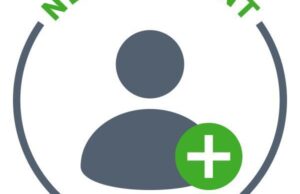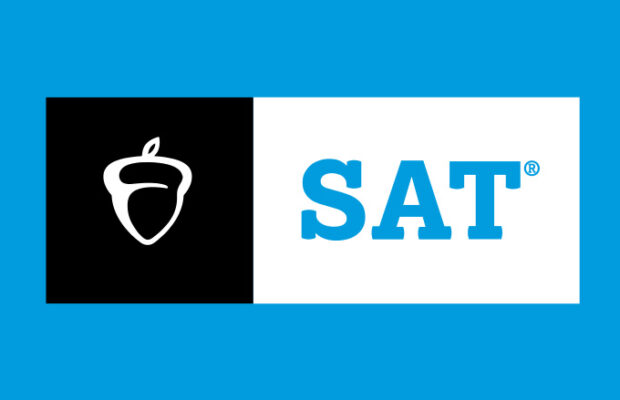African student finds notable differences between schools on two continents
 In class, most students will study Africa at some point or another, and while these classes can be very valuable in teaching the basics of the continent, one cannot fully immerse themselves in the culture until paying a visit. Junior Michael Kies hopes to bring just some of this culture to CF.
In class, most students will study Africa at some point or another, and while these classes can be very valuable in teaching the basics of the continent, one cannot fully immerse themselves in the culture until paying a visit. Junior Michael Kies hopes to bring just some of this culture to CF.
Kies was born and raised in Zimbabwe, a country notoriously known for it’s economic and government problems. As a result, his day to day life, especially at school, is drastically different.
Kies said, “I prefered the schooling in Zimbabwe. Corporal punishment is legal there, so the kids are much more behaved. Having your phone out or turning in a late assignment will get you sent to the principal, who will cane you. I have been caned three times … all from turning in assignments late.”
For Kies, the differences don’t end there, as Zimbabwe has a drastically different education system.
“It was a lot more work in Zimbabwe. We didn’t have semesters like you do here. A math class will last two years, and you cover many topics within that class,” he said. “Our school days were from 8 till 5, and everyone was required to play a sport, which practiced for maybe two hours after school, and the homework was much heavier, usually two to four hours a night. ”
Kies said pressures felt as a student in Zimbabwe, where a typical letter grading is not used, were much greater.
“Our school didn’t really do grades. At the end of the class, we had to take a test that covered what we had learned. If you pass the class, you get the credit. If not, you don’t. A lot of what was on the test was do-at-home reading, so the tests can be very difficult.”
Due to the amount of homework and extracurriculars students in Zimbabwe have, a job isn’t common, but Kies was lucky enough to have a job in a market as a cashier.
“I would be paid 750,000 notes for a day’s work. This was the same as about $1 in the States. Everybody there had to spend their money very quickly, because if you save it, within even a day it’s value could be halved by inflation. When it got really bad, a gallon of milk went for about 3 billion notes. Things are better now. Damaged U.S. bills are sent to Zimbabwe and used as a currency.”
Kies said American views on Africa aren’t totally accurate. “It’s not like there’s a bunch of random zebras running around or anything like that. Yes, our government is corrupt, but Zimbabwe isn’t as violent as I feel Americans think. There are a few rules or things you can’t say. Like you’re not allowed to talk badly about the president. And being homosexual is definitely forbidden, but I don’t see starving people every day or anything like that.”
Kies said he hopes to travel more in the future and attend Iowa State for computer engineering. “I think people should experience as many different cultures as possible. I like America, but there is just a lot more I want to see and experience.”









You must be logged in to post a comment Login